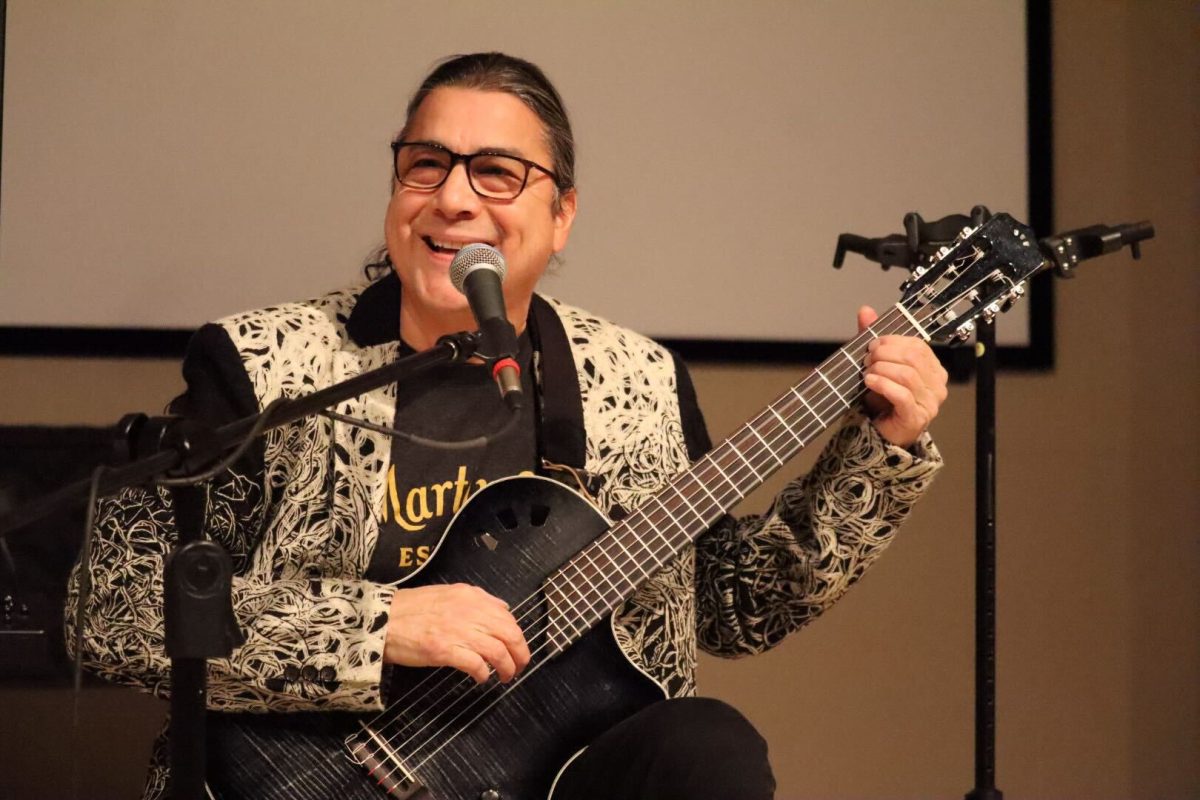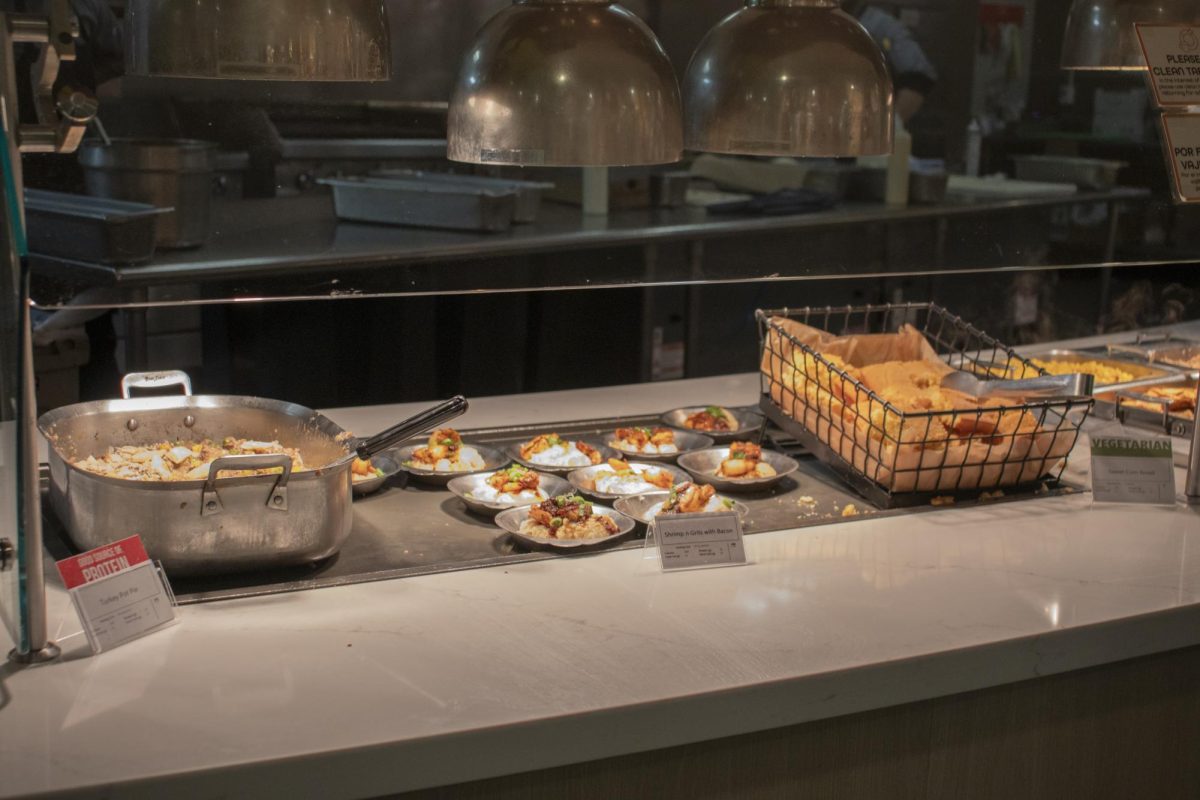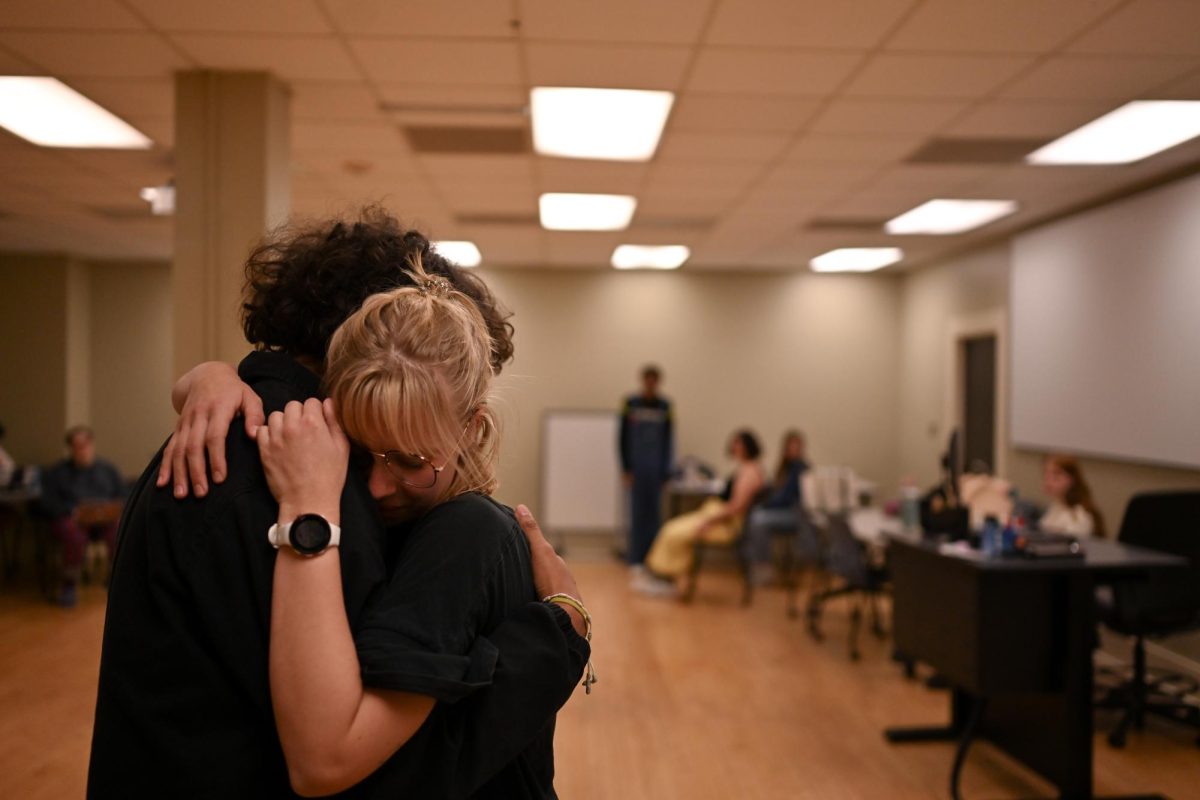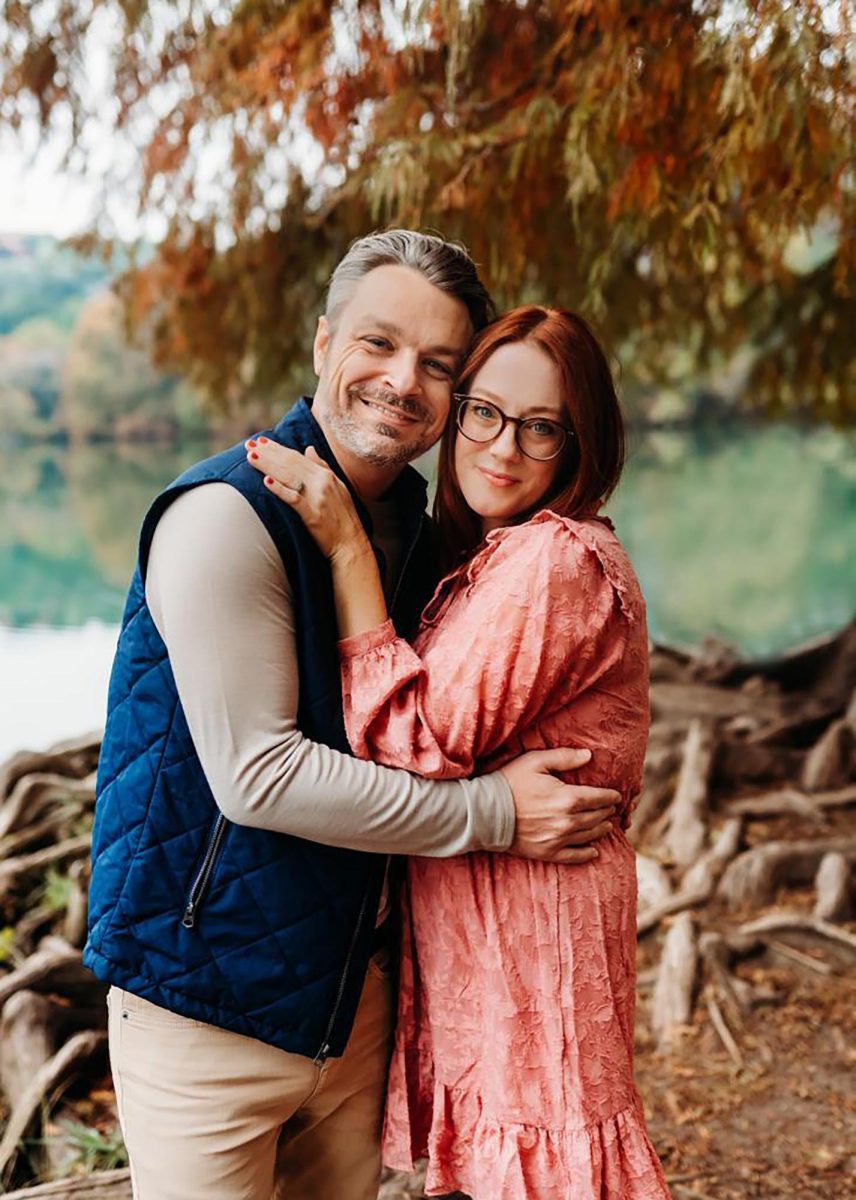Jane Doe Theatre Company at Texas State aims to give aspiring playwrights and directors a start in their careers by giving experience in the field.
Started in 2018, Jane Doe Theatre Company is a student-run theatre organization at Texas State University that only produces plays written by students. The name “Jane Doe” was inspired by the need for unknown new works and names to be heard and recognized.
The company is getting prepared for their fall season in order to continue their mission statement of providing a safe place for new playwrights, directors and actors to improve at their artform.
“I think it’s a really good opportunity to start building your resume in college and seeing what it’s like to have your work read,” Kady Waldmann, a performance and production junior and operations manager for Jane Doe, said.
Jane Doe Theatre Company produces around two-to-three plays per semester. It has an application for students to submit their scripts at the start of each semester, the scripts can be any length.
Ravyn Bazile, a performance and production senior and development director for Jane Doe, looks to produce scripts of plays that are unlike anything she’s seen before.
“I think everyone has an idea that they’re like, ‘I’ve never seen anything like this, so it has to be wrong,’” Bazile said. “But I think those are the best stories, the ones that you’ve never heard. The ones that no one else would think of.”
Jane Doe’s productions are all staged readings, a rehearsed performance of a play with scripts in the actor’s hands. One advantage is it allows for the scripts to constantly be revised throughout the rehearsal process.
According to Sara Scheidt, a theatre education junior and the producing artistic director for Jane Doe, a big issue that playwrights run into is the challenge of being able to imagine their work being spoken.
The staged reading format allows for the playwright to change their script as needed to match feedback from the directors and actors.
“I think it helps give the playwrights confidence, seeing that their work can be produced and that it is good,” Scheidt said. “I think that gives them a really good boost in continuing to propel their work.”
One staple of Jane Doe is its 24-hour writing contest. Participants have 24 hours to write a 10 minute play from a prompt. After a play is chosen, it is produced into a staged reading but it is performed 24 hours after the first rehearsal.
This lets playwrights gain experience with a relatively small time commitment, in turn allowing actors to add their experiences to their resumes.
“I know, it seems like we make the stakes higher, but to me, it makes it lower,” Waldmann said. “I’ve [got] 24 hours and I’ve always wanted to write a play. It’s now or never, I’m just gonna go for it.”
Jane Doe Theatre Company helps facilitate the relationship between the director and playwright of the project in order to create the best final product, while creating a situation for them to learn off of each other.
“I remember coming [into Jane Doe] and everybody was very welcoming,” Waldmann said. “It really gave me a sense as to what Texas State theatre was and solidified that I’m in the right spot and this is what I want to do.”







